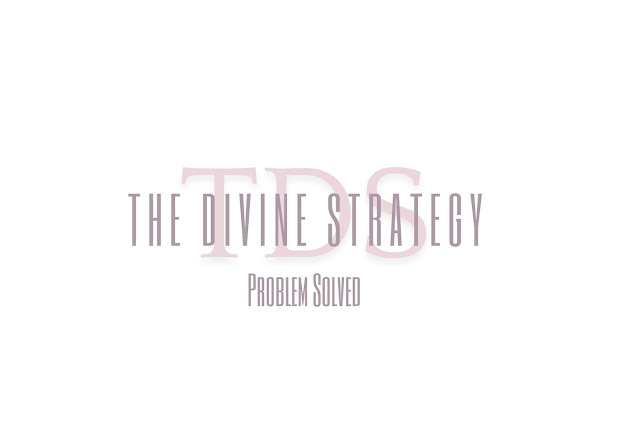Love is one of the strongest emotions, capable of paralyzing our rational actions.
Rabbi J. Sacks, a'h, intrigued by the Torah portion expounding on the laws pertaining to family and inheritance, comments: "In Parsha Ki Seitzei, when the Torah describes one who has two wives, it says 'One he loves and one he hates.' This language appears again in the Torah portion involving Yaakov and his two wives. "Rachel was loved, and Leah was 'senuah' (hated)." Could this be possible? Could Yaakov Avinu HATE?
The Torah's choice of words has opened a window into our souls. There is not one extra word or letter in the Torah. Knowing the greatness of Yaakov Avinu and the prohibition of a man living with a wife he 'hates,' we understand that Yaakov did not hate Leah; he simply loved Rachel more. Love is not an emotion we can control. We have all felt drawn to one person more than to another. So why does the Torah use such strong language regarding Leah being loved a bit less? To quote Rabbi Sacks, "Leah was loved less than Rachel. Yaakov did not hate her, but she felt hated because she was less loved, thus unloved." The Torah is not describing Yaakov's feelings towards Leah when using the term hate; the Torah is explaining how Leah felt.
This is a revolution in the realm of relationships. How often do we get into an argument with someone that how they interpreted what we said was not what we meant!? I would like to suggest the Torah is teaching us that truth is not only what we communicate with our words or actions, but the truth is just as truthful in how someone else interprets our actions. By integrating this lesson into our relationships, we can begin treating and speaking to those around us with the awareness that their interpretation of our actions and words is as much a reality as how we interpret our actions, even if the two are not the same.
Communication: Words and tones must be adapted to how the one we are speaking to will accept what we are trying to say. When conveying our message, we must take extreme care that our words and tone will be received correctly.
Self-Improvement: An essential step in character development is to take a step back and assess how others see us. We are often so involved in how we see ourselves that we ignore what message we are projecting to others. Instead, we need to ask ourselves, "Do others see me the way I want to be seen? Or are my actions hurting my relationships"? In your relationships, before reacting, don't only look at how you see yourself; take care of how others will perceive you.
Emuna, Bitachon, and Kavana: Are you projecting feelings of rejection in how H'shem is "treating you?" I know this is an explosive statement. Unfortunately, I hear it with unspoken words all the time. "H'shem is punishing me; I don't feel Him in my life. I feel alone like H'shem has left me." Realizing that we interpret things according to our limited perspective, we can easily cast doubt on feeling loved by H'shem. If we recognize those feelings stem from our own disappointment in how we perceive things, we can separate between H'shem loving us and doing what is best for us. When reciting Tefilat Shema, take a few moments to connect with H'shem. If there are feelings of abandonment, resentment, or rejection, chas vishalom, work on expelling them from your heart and replacing them with complete love for Him and Him for you..Remember to say:
תהלים כז: לדוד ה' אורי וישעי

I love this interpretation of "loved" and "hated". All week, we have been having a family discussion about this concept, which appears several times in our Parsha, and of course, with Rachel and Leah. I keep on emphasizing that a mother is realistic about the special talents and the areas that need approvement in all her children, but she loves all equally. Now, I understand that, in addition to our perception, we have to be cognizant of our children's perception, and also apply this concept to all other human beings.
ReplyDeleteExactly. Thank You for sharing. I am so happy. I believe your comment will enable others to internalize the message. Kol Hakavod to you and your family for delving into the Parsha and making come to life. May you have loving, beautiful relationships with all your children and loved ones. May they feel your love and reciprocate it with love, admiration for the amazing work you are doing as a mother and may you see endless Nachas from them all.
Delete